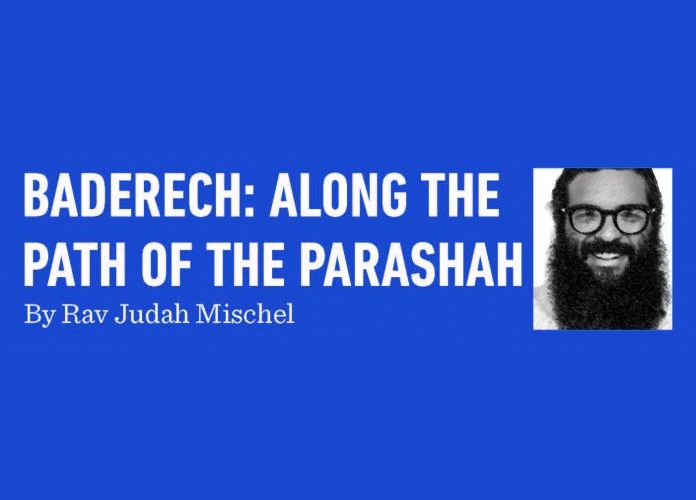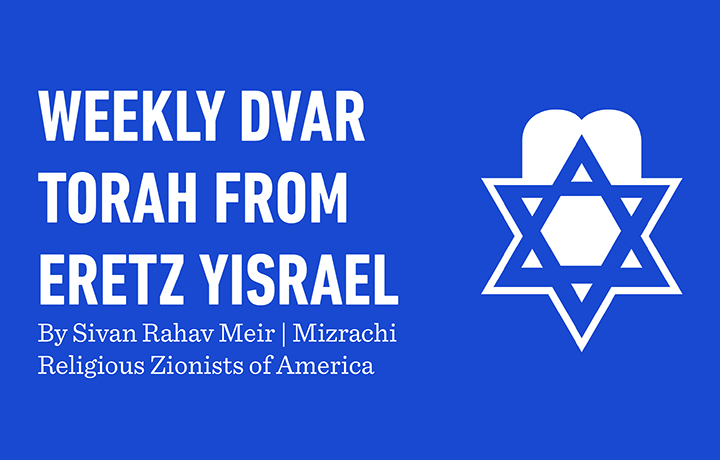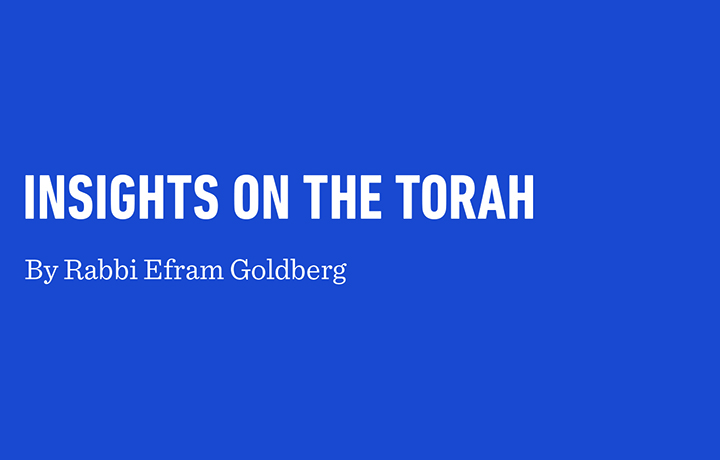A Desirable Land
Rosh yeshivat Mercaz HaRav in Yerushalayim, Rav Tzvi Yehudah HaKohen Kook, was one of the most influential leaders in modern Jewish history. As a charismatic talmid chacham and the spiritual leader of Gush Emunim, raising a generation of builders, pioneers, and rabbanim, Rav Tzvi Yehudah inspired a movement responsible for yishuv haAretz across the redeemed lands of Yehuda and Shomron following the Six Day War. He was an editor and one of the primary interpreters of his illustrious father’s teachings, and collections of his own articles, letters, and sichos fill many volumes.
Rav Simcha Raz’s classic biography of Rav Tzvi Yehudah’s saintly father, HaRav Avraham Yitzchak HaKohen Kook, zt’l, An Angel Among Men (translated by Rav Moshe D. Lichtman), is a bouquet of impressions and anecdotes from the life and deeds of HaRav Kook, and his love of the Land and the People of Israel. It includes this story featuring Rav Tzvi Yehuda:
One Shabbos, while sitting at the rosh yeshiva’s (Rav Tzvi Yehuda’s) table, a talmid brought up an uncomfortable interaction that he had experienced. Some acquaintances had come to Yerushalayim for yom tovand spent some time touring Eretz Yisrael. Upon their return home, they shared disparaging remarks about the trip, complaining about the weather, the poverty, the cultural differences, the service in restaurants, and the challenging political situation. “I am afraid their negative talk could impact and discourage other Jews from moving here,” concluded the talmid.
Rav Tzvi Yehudah shook his head, and smiling, responded with a favorite mashal that he had heard in the name of the founder of the Chovevei Zion movement and rav of Bialystock, Poland, Rav Shmuel Mohilever:
Of marriageable age, bright, talented, hardworking, and of refined, elevated character, the beautiful young woman had “alleh mayles,” all the most wonderful and desirable qualities. Her parents struggled with parnassah, and with a houseful of children, they were excited about a prospective shidduch with an affluent groom who could provide well for their daughter. But to their chagrin, when the influential, wealthy, “eligible bachelor” in town sought out her hand in marriage, she was not interested in the shidduch. Though wealthy beyond her wildest imagination, the prospective suitor was known to have poor middos, and as such, she refused to meet with him.
Her parents pressed her to give the young man a chance, saying, “After all, what’s the harm in one date–it’s just a cup of coffee….” So, against her better judgment, but to honor her parents, the young woman agreed to meet him. When the young man arrived at their home as arranged, he was warmly received by the girl’s father. After some small talk, the young woman made her entrance into the living room, slouching, dressed in a crumpled, faded dress, hair uncombed, appearing all together disheveled and unkempt. Taking one look at her, the potential suitor, who had been so eager to meet her, made a hurried exit.
After their “date,” the man made sure to let his friends know that the young woman he met, who was reputed to be of extraordinary beauty, was actually not at all attractive.
Pausing to allow the anecdote to sink in, Rav Tzvi Yehudah addressed his talmidim:
“L’che’ora, at first thought, it would seem that the brash fellow rejected the young woman. In truth, however, it was she who had rejected him. The same is true regarding the visitors who ‘toured’ Eretz Yisrael, the most beautiful, desirable, and special land in the world. It may appear as if those Jews are the ones who have found faults and rejected Eretz Yisrael, where in reality, the Land of Israel rejected them!”
“They rejected the desirable land; they did not believe His word!” (Tehillim 106:24)
Rashi tells us that David HaMelech is referring to the meraglim of our sidrah, who upon arriving in Eretz Yisrael, “brought calumny on the Land.” Indeed, our parashah details the tragic unravelling of Divine promise: painful events coming on the heels of misplaced fears, the tears and negativity of the spies, and the discouragement of others. While on the surface, it seems the spies’ lack of faith led to their “rejection of the Desirable Land,” through the lens of Rav Shmuel Mohilever’s parable told by Rav Tzvi Yehudah, perhaps it was actually the beautiful, beloved Holy Land itself that rejected the Meraglim.
HaRav Kook was known to bless visiting petitioners with another phrase from David HaMelech in SeferTehillim: “May Hashem bless you from Zion” (128:5). He would then explain the content of the berachah with the rest of the pasuk: “…and may you see the goodness of Yerushalayim.” Our aspiration is not simply to merit seeing Yerushalayim, but to have the privilege of seeing and experiencing its elevated character. Many visit the Holy Land; not everyone merits recognizing—and speaking of—its incredible spiritual and physical beauty. Not everyone instantly commits to our essential “spousal” love relationship with the Eretz chalav u-d’vash, “the Land of Milk and Date Honey,” Eretz chemda, tova u-r’chava, our “desired, good and spacious Homeland.” And even when it is “love at first sight,” a real relationship still takes patience and returning again and again to seeing and affirming the nikudos tovos, good points.
This Parashas Shelach, may we rectify the tragic sin of the spies, both ancient and modern, and be zocheh that the Land reveals to us all her holiness and “alleh mayles,” all her exquisite, good qualities, as she welcomes all of us home. n
In honor of the wedding of our daughter Ahuva and David Gellis … and with gratitude to our dear mechutanim and friends, Jonathan and Alisa. May we and our children celebrate the building of their home and our land with great love and in good health.
Rav Judah Mischel is executive director of Camp HASC, the Hebrew Academy for Special Children. He is the founder of Tzama Nafshi and the author of the “Baderech” series. Rav Judah lives in Ramat Beit Shemesh with his wife Ora and their family.














